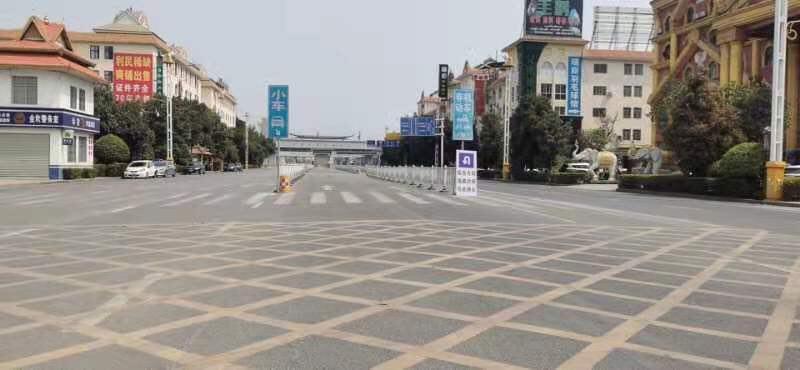Once China adopted a policy of lockingdown cities as part of its extreme pandemic control and prevention measures in 2020, border cities quickly felt the impact.
In the name of preventing people from outside China bringing COVID-19 into the country, the regime locked down border cities and turned them into ghost towns.




